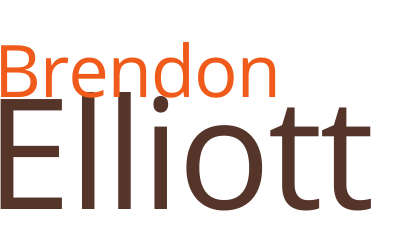Here’s what we cover:
My story originally appears on PGA.com on 12/3/21
In golf, there are a few basic fundamentals that even the best players in the world come back to when things get a little “off” with their game. Posture, Grip and Alignment, or what some of us in the coaching profession call P.G.A., are some of those basics that we come back to, time and again. These three fundamental areas are the backbone and base level building blocks on which we root everything.
Over the course of my career, one area that I have found myself working on continually with students, from beginners to advanced, is that of proper Alignment. If a golfer is aligned even a degree left or right of the intended target line with their clubface, or a degree left or right with their body line, they could find themselves off significantly with the final result of their shot.
Growing up, I was introduced to the game by my father. He taught me to think of Alignment as being like a set of railroad tracks. This concept was something I heard again, several times in fact, from my golf coaches and mentors as I was coming up.
Time and time again, when I ask students to pick a target and line up to it, I find them setting up right of it (for right-handed golfers). The first instinct seems to be to line the body up to the target first rather than the club. Besides the obvious, of missing shots to the right, setting up right of the target will also lead to other issues such as a poor swing path.
The Left Track
The left track represents an imaginary straight line that runs from behind the ball/clubhead, through the ball/clubhead and on through to the intended target.
The Right Track
The right track is a little bit more complex. This track should be parallel left (for right-handed golfers) of your right track, or target line. This track will include your toe line, and then, stacked on top of that, your knee line, hip line, and shoulder line.
The Alignment Process
- Start about 10 or so yards behind the ball and examine the shot in front of you
- Draw in your mind’s eye an imaginary line down your intended target line
- Look back up and down that imaginary line a few times, and paint a picture in your mind, from behind the ball, through the ball and on to the intended target
- Walk up to the ball looking at that imaginary line as you go…start to focus on a spot, closer to the ball, to use as a reference point as you set your body up to the ball
- Set your clubface squarely behind the ball while checking to see if you are still good in relation to the target line
- Now, focus on setting your feet parallel left of the target line, or that right track
- Focus on getting your knee, hip and shoulder lines all stacked on top of your toe line, and parallel left of your target line, or that right track…remember, your body will be parallel left of the target line
Sometimes I suggest to students to find a spot, out near their target, that is parallel left of it and use that as a guide to check those body lines, or your left track. Thinking back to grade school and the definition of Parallel, remember that these lines, or tracks, can never cross at any point on the lines extended.


